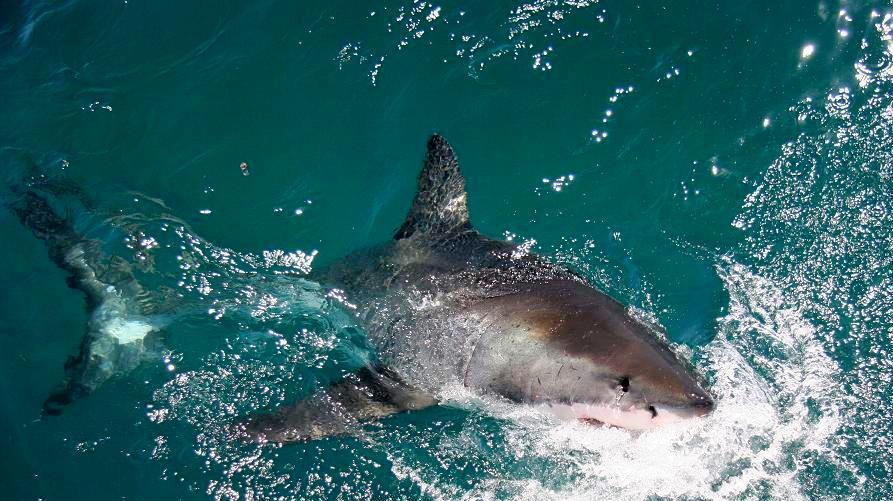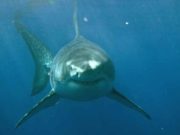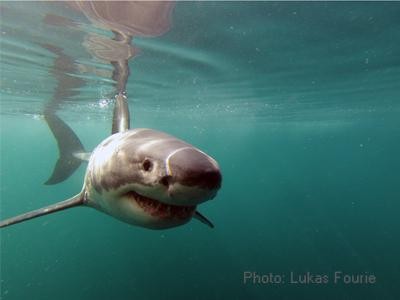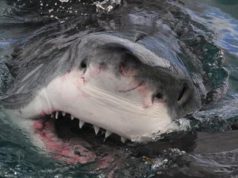There are so many reasons why great white sharks should be considered as considered nature’s ocean-dwelling superheroes- they are strong and big, they live long lives, live long lives can heal their wounds amazingly quickly and the most possible can provide a cure for cancer.
But just how can it be possible for this ancient predator to have so many superhero traits? But how is it possible that these ancient giants have so many superhero-like traits?

Magnificent great white sharks are born with several evolutionary advantages.
Scientists have now taken a major step toward answering that question by decoding the entire genome of the great white shark.
An international team of researchers sequenced the genome of the great white shark (Carcharodon carcharias) and compared it with the genomes of several other vertebrate species. A wealth of unusual genetic characteristics was discovered and this might explain why white sharks are the superheroes (or supervillains, if you’re a plump seal) of the ocean.
The key is Genetic stability
The researchers found that the white shark genome contained a lot of genes responsible for maintaining genetic stability — things like DNA-repair genes and tumour-suppressing genes. When the researchers compared the white shark’s stability genes with analogous genes in other vertebrates, they found small changes in the gene sequence that suggest a specific pattern of evolutionary adaptation for these genes in white sharks.
And their other special abilities …
Genetics is possibly another explanation of the white shark’s superpowers: the ability to heal quickly. The wound-healing genes in the white shark evolutionary, meaning there’s a tendency for the number of these beneficial traits to increase. The white shark genome has a higher proportion of wound healing and genome stability genes compared with what’s seen in other vertebrate genomes.
Sharks are known for having a keen sense of smell, but paradoxically the white shark genome contained exceptionally few of the genes responsible for the effective schnozzes of like that of other vertebrates. However, there is another category of genes that can also be involved in the perception of smell, but they aren’t normally as abundant. In the white shark genome, however, there are more than a dozen of these genes, so the researchers suggested that maybe those were the genes driving smell perception in the white shark.
Great white sharks are one of the world’s most well-recognized marine creatures, but their populations are struggling as people continue to hunt them out of fear and greed.
People have these images of [white sharks] that are depicted in movies and TV shows as being these killing machines but in reality, humans kill far more sharks than sharks kill humans.
The researchers hope their study helps more people realize how special these ancient vertebrates are and a greater appreciation for them.
Originally published in Live Science.












